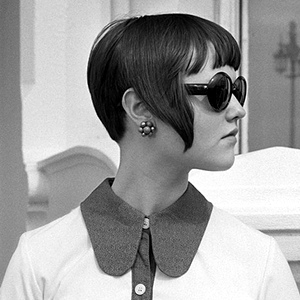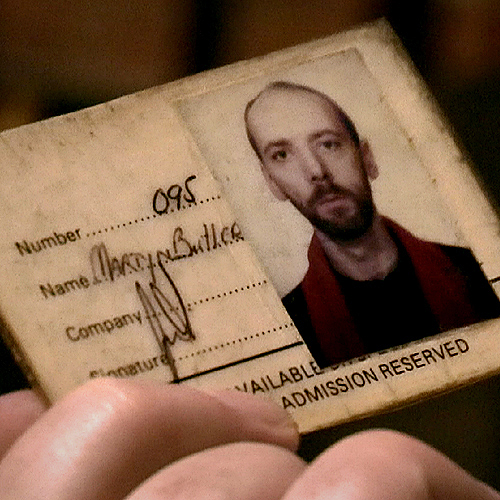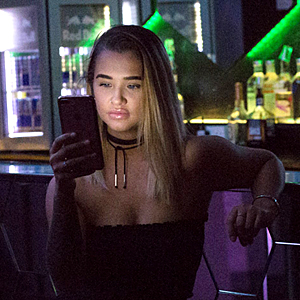Sophie Wear
Crew member on a boat out of the Helford River, Cornwall
“I did get bitten by a hake.
It was a case of: 'Don't put your finger in its mouth.'
And of course, what's the first thing you do?
Their teeth face backwards. It really hurt.”
Katherine Joy
Works at Sole of Discretion fish processing in Plymouth, Devon
“You hardly see any women at all round here.
A few come up and ask questions.
'What are you doing? What's your job?'”
Annie Gilbert
Commercial skipper on the Jurassic Coast from Poole, Dorset
“I see beautiful sunrises and sunsets.
Dolphins swimming and playing around our boat.
I get to make a living doing something I really enjoy.”
Angela Harrison
Partner at Pengelly Fishmongers in Looe, Cornwall
“It is quite a man’s world.
You have to be tough on the outside a little bit sometimes.
You also have to be fairly fit. We carry 25kg boxes around.”
Tina Hicks
Harbourmaster at Looe, Cornwall
“Years ago the harbourmaster’s role was very visual.
Managing the boats and being out on the quay.
But now there's mechanisation outside and paperwork inside.
It’s not really a physically demanding role any more.”
Lorna Lawrence
Fished on her dad's boat for five years out of the Helford River, Cornwall
Sheila Taylor
Salmon-netter on the Taw and Torridge rivers, Devon
“We use a 14-foot, clinkered rowing boat. The nets are made of nylon.
If the weather's perfect it's first class, but if the wind is blowing it's very hard work.
And I can't swim.”
Carly Daniels
National Lobster Hatchery's research and development manager, Padstow, Cornwall



































